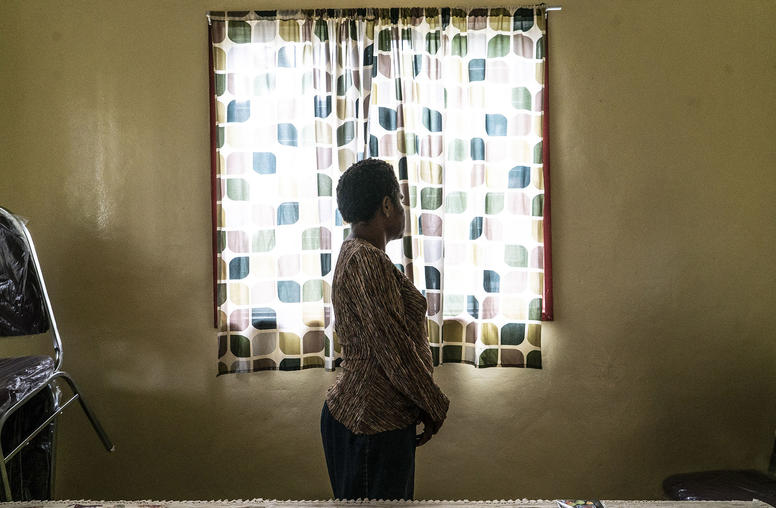After War, Gender Equality Needs Investment Too
Countries emerging from violent conflict face critical decisions from the outset. The way public resources are managed and public goods and services distributed becomes crucial to sustaining peace. In the influx of aid and technical support, the particular needs of women and girls often are overlooked. The U.S. Institute of Peace on Monday, March 13, hosted a discussion with experts about ways to ensure equality in reconstruction budgets and public finance institutions.
Financial management systems that oversee functions such as tax collection, budget tracking or building infrastructure often are established rapidly in countries recovering from violent conflict. But these structures often aren’t built with consideration for the specific needs of women and girls, such as women’s ability to own property when redrafting land reform or women’s mobility when addressing road construction. The result is a missed opportunity to address structural gender inequality from the start.
Panelists discussed how to better integrate gender analysis into public finance, and opportunities for women’s participation in economic structures. Continue the conversation on Twitter #USIPGender.
Speakers
Carol Cohn
Director, Consortium on Gender, Security and Human Rights, University of Massachusetts-Boston
Thomas Scherer
Program Officer, Economics and Peacebuilding, U.S. Institute of Peace
Janet Stotsky
Economist and Visiting Scholar, International Monetary Fund
Carla Koppell, Moderator
Vice President, Applied Conflict Transformation, U.S. Institute of Peace



